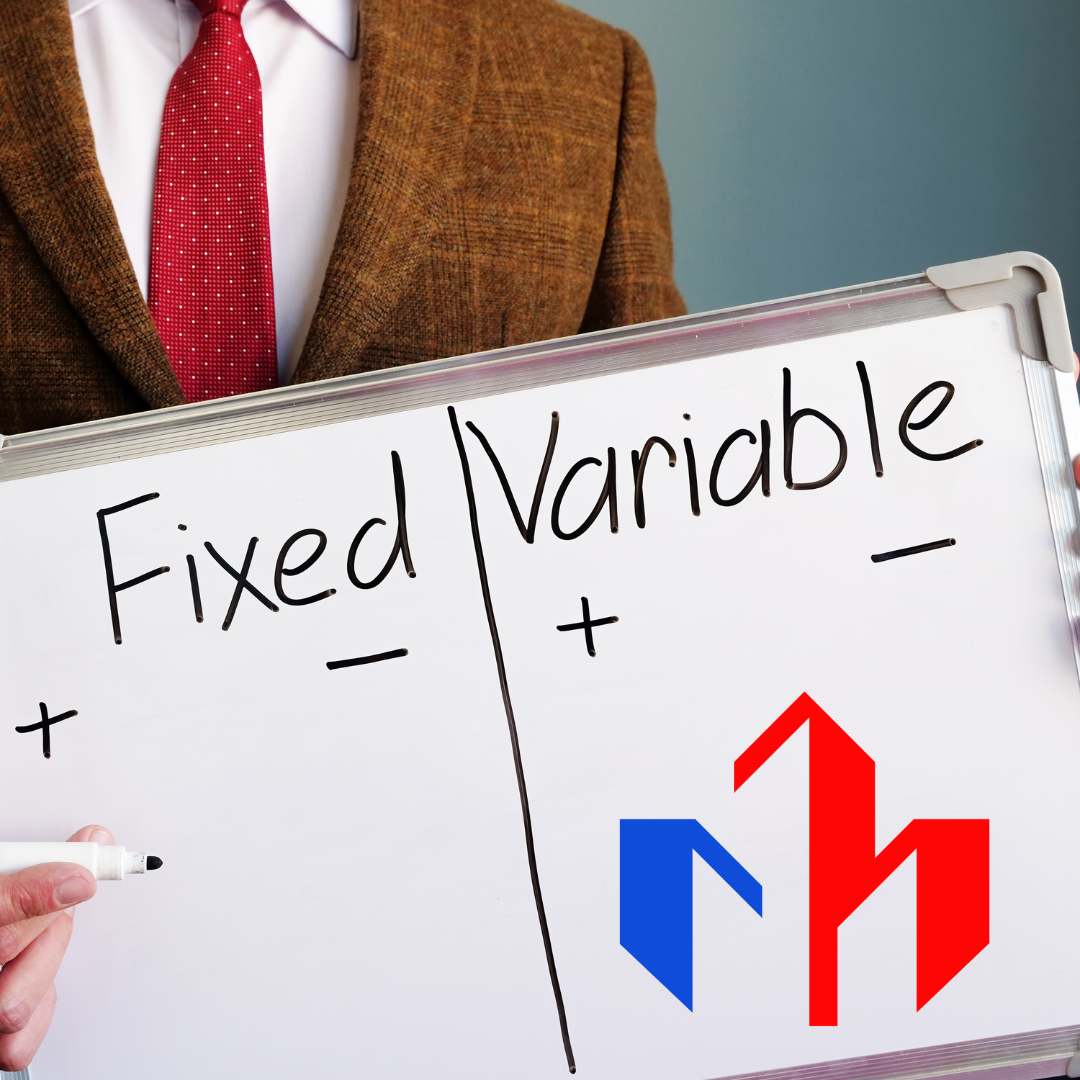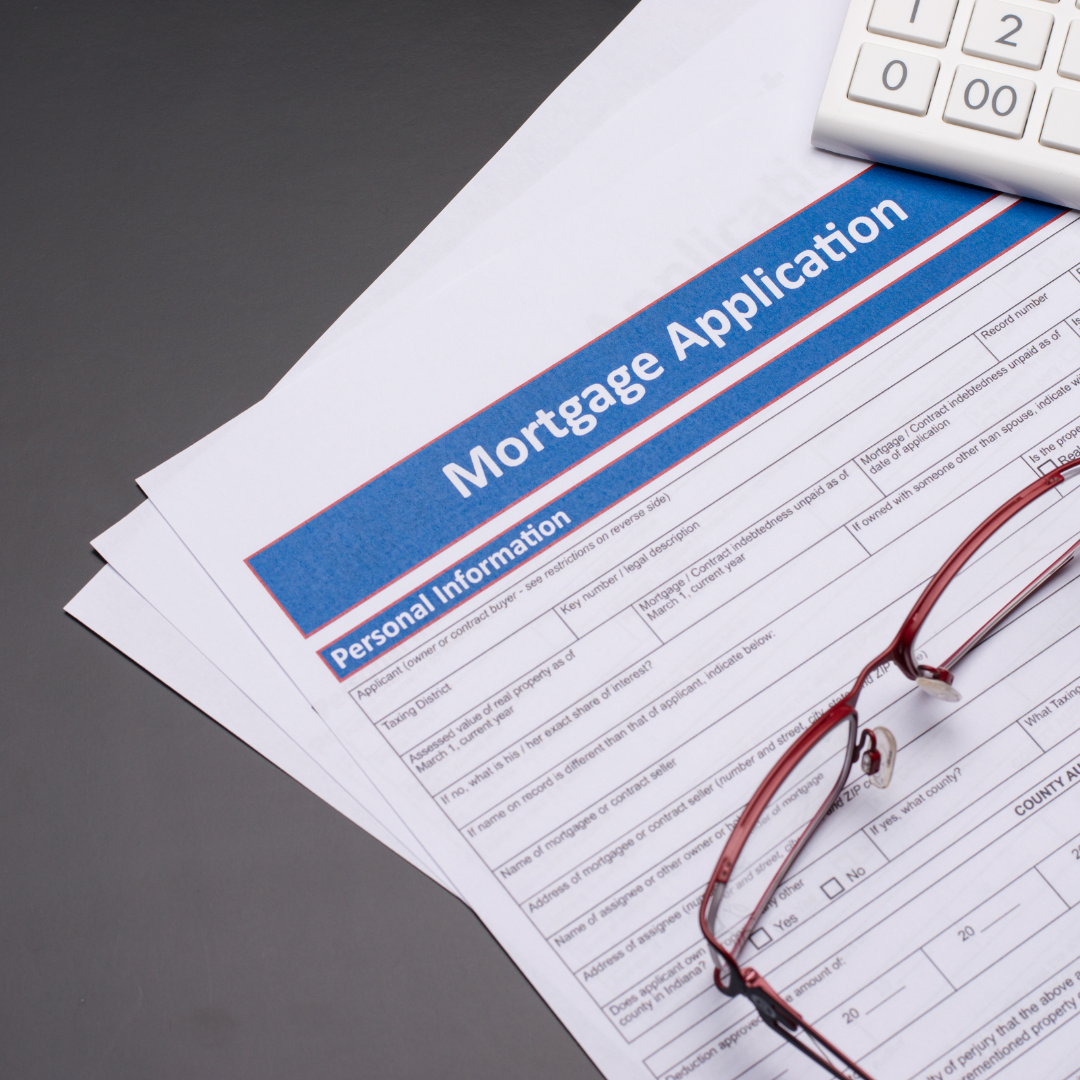What is behind your mortgage rate?
There are several things that affect your mortgage rate – it’s not just the interest rate. Different factors go into setting your mortgage rate, and each one can have a large impact on your monthly payments. In this blog post, we’ll explore some of the elements that go into setting your mortgage rate and how you can use them to get the best rate possible.
The mortgage rate you’re offered is based on a number of factors
The mortgage rate you’re offered when you apply for a loan is based on several factors. Some of these are within your control, while others are not. Here’s a look at some of the things that can affect your mortgage rate:
-Your credit score: This is a key factor in deciding your mortgage rate. A higher credit score tells lenders that you’re a lower-risk borrower, so you’ll be offered a lower interest rate.
The type of mortgage loan you’re applying for can also have an impact on your interest rate. For example, adjustable-rate mortgages (ARMs) often have lower rates than fixed-rate loans, but the rate may fluctuate over time.
The size of your down payment is an important factor: Lenders see a larger down payment as indicating that you have more skin in the game, so to speak. As a result, borrowers who make a larger down payment may be offered a lower interest rate.
The interest rate for a 30-year loan is usually lower than the interest rate for a 15-year loan. The reason for this is that lenders are taking on less risk when the loan term is longer.
How your mortgage rate is determined
The process of getting a mortgage is complicated, and there are various elements that contribute to the interest rate you’ll be charged for your loan. Here’s an overview of some of the things that go into setting your mortgage rate.
The mortgage you select will affect the rate you receive. For instance, adjustable-rate mortgages (ARMs) often have lower rates than fixed-rate loans. However, there is also the potential for your rate to go up in the future with this type of mortgage.
2) The interest rate on your mortgage can differ based on the loan’s term length. Loans with shorter terms typically have lower rates than loans with longer terms.
The size of your down payment can also have an impact on your mortgage rate. Those who make a larger down payment usually get better rates than those who make a smaller down payment.
4) Your credit score plays a role in how low or high your mortgage rate will be. Those with higher credit scores are more likely to get lower rates than people with lower credit scores.
5) The mortgage rate you get also depends on what type of lender you go with. Banks and credit unions usually have competitive rates, but online lenders might be able to provide even better deals.
The importance of credit scores in mortgage rates
Your credit score is an important factor in qualifying for a mortgage and getting a low-interest rate. Lenders will use your credit score, along with other factors, to determine whether you qualify for a loan and how much interest to charge you.
The lower your score, the higher the risk to the lender, and the higher your interest rate will be. For example, a borrower with a credit score of 780 or above might get a 4.875% annual percentage rate (APR) on a 30-year, $200,000 mortgage from one lender, while another lender could charge a 5.25% APR for the same loan. That makes a difference of about $40 a month for someone with excellent credit – or about $48,000 over the life of the loan.
myFICO’s Loan Savings Calculator lets you see how much of a difference your credit score makes on your mortgage rate. You can find out how much you could save over the life of your loan by improving your credit score before applying for a mortgage.
The role of the government in mortgage rates
It’s important to grasp the role the government plays in mortgage rates. The government doesn’t set mortgage rates directly, but it does have a lot of sway over them. Lenders set mortgage rates, but factors like the bond market and the Federal Reserve also affect them.
The bond market is where lenders go to get money to fund mortgages. Mortgage rates are usually low when the bond market is doing well, and high when the bond market is struggling. The Federal Reserve can influence the bond market by buying or selling bonds. When the Fed buys bonds, it drives up prices and drives down interest rates. When the Fed sells bonds, it does the opposite.
The government’s housing policies also have an impact on mortgage rates. Government-sponsored enterprises like Fannie Mae and Freddie Mac buy mortgages from lenders and package them into securities that are then sold to investors. The more demand there is for these securities, the lower mortgage rates will be.
How the economy affects mortgage rates
The demand for all bonds affects mortgage rates. When the economy is prosperous, bonds decrease in value and rates go up. The days before the 2008 recession were a perfect illustration of this principle. As the economy weakened, bond prices did as well, and mortgage rates decreased significantly.
Mortgage rates are also impacted by the stock market. When the market is struggling, investors put their money into bonds instead of stocks. This shift causes bond prices to go up and rates to drop. The stock market’s opposite effect happens when it’s doing well. For example, after Donald Trump was elected, money flowed out of bonds and into stocks. This caused bond prices to fall and mortgage rates to rise.
Mortgage rates are also affected by inflation. When inflation is low, as it is now, mortgage rates usually stay low too. That’s because, over time, inflation wears down the value of a dollar, so lenders require higher interest rates to make up for that loss in purchasing power. However, when inflation is high, as it was in the 1970s, mortgage rates are usually high as well.
The Federal Reserve’s actions also affect mortgage rates. The Fed regulates the amount of money in the economy, and when it wants to decelerate economic growth, it does so by increasing interest rates or selling bonds (which reduces the amount of money in circulation). This makes borrowing more costly and often causes mortgage rates to rise.
Mortgage rates and your monthly payment
The amount you pay monthly for your mortgage is calculated based on the size of your loan, the interest rate, and the duration of your loan.
There are three primary types of mortgage rates: fixed-rate loans, adjustable-rate loans, and government-backed loans.
A fixed-rate loan has an interest rate that will stay the same over the duration of the loan. Each month, the payments you make go towards both the principal (the amount borrowed) and the interest (the fee for borrowing the money).
An adjustable-rate loan’s interest rate fluctuates over time in reaction to market conditions. This means that your monthly payments could increase or decrease based on economic conditions.
A government-backed loan is a mortgage that has federal agency backing, like the Department of Veterans Affairs (VA) or the Federal Housing Administration (FHA). These types of loans typically have lower interest rates and more lenient credit requirements in comparison to conventional loans.
How to get the best mortgage rate
There are several things that affect the best mortgage rate, including credit score, deposit amount, and loan type. In general, the higher your credit score, the lower your interest rate will be. A larger down payment will also lower your rate since this shows the lender that you’re more invested in the property and less likely to default on your loan.
There are two primary types of mortgages: fixed-rate and adjustable-rate. A fixed-rate mortgage has an interest rate that stays the same over the life of the loan, while an adjustable-rate mortgage (ARM) has an interest rate that can fluctuate periodically. ARMs typically begin with a lower interest rate than fixed-rate loans, but that number can rise or fall depending on market conditions.
If you’re thinking about a fixed-rate mortgage, make sure to ask about locking in your interest rate. Many lenders will let you lock in a rate for a specific amount of time (usually 30, 60, or 90 days), which can safeguard you from increasing rates and provide you with the assurance of knowing what your monthly payment will be for the duration of the loan.
Tips for refinancing your mortgage
Now is an excellent time to refinance your mortgage because rates have been low for an extended period. Here are some things to keep in mind while you’re going through the process:
Be sure to compare interest rates and fees from several different lenders before making a final decision.
It’s important to shop around for the best mortgage rate when you’re buying a home.
If you’re thinking about refinancing your home, reach out to your current lender to see if they have any special refinancing deals.
Be sure to ask about any prepayment penalties that may be associated with refinancing your mortgage.
| MortgagesToGo.ca | |
| Website | Mortgagestogo.ca |
| Services | New purchase, refinancing and equity takeouts, mortgage transfer, mortgage renewal Rates |
| Rates | https://mortgagestogo.ca/mortgage-rates/ |
| Address | 12 Royal Vista Way NW #1110, Calgary, AB T3R 0N2 |
| Contact Details | (888) 888-5998 |
| Operating Hours | Monday – Friday 9 AM – 5 PM |








